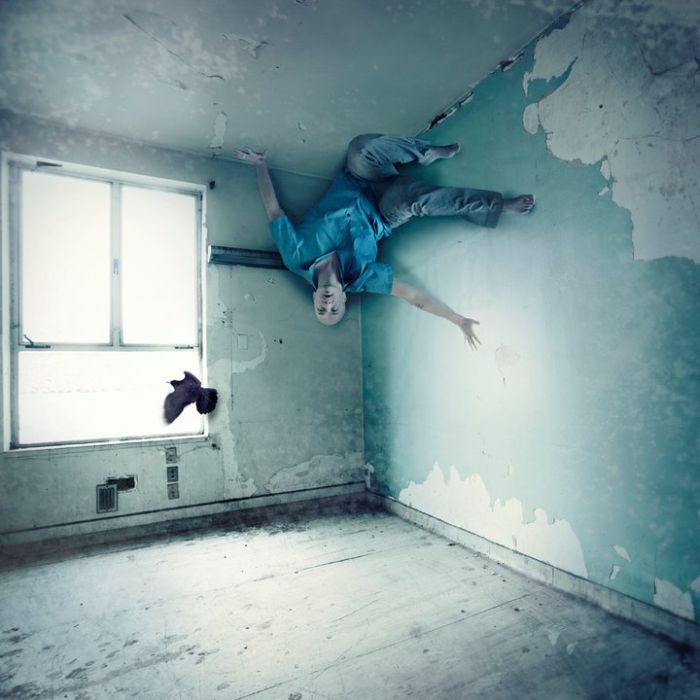|
|
Surrealism Story In Self-portrait
|
In hindsight, the disunion of 1929-30 and the effects of Un Cadavre had very little negative impact upon Surrealism as Breton saw it, since core figures such as Aragon, Crevel, Dalí and Buñuel remained true the idea of group action, at least for the time being. The success (or at least the controversy) of Dalí and Buñuel's film L'Age d'Or in December 1930 had a regenerative effect, drawing a number of new recruits, and encouraging countless new artistic works the following year and throughout the 1930s.
Disgruntled surrealists moved to the periodical Documents, edited by Georges Bataille, whose anti-idealist materialism formed a hybrid Surrealism intending to expose the base instincts of humans. To the dismay of many, Documents fizzled out in 1931, just as Surrealism seemed to be gathering more steam.
There were a number of reconciliations after this period of disunion, such as between Breton and Bataille, while Aragon left the group after committing himself to the communist party in 1932. More members were ousted over the years for a variety of infractions, both political and personal, while others left of to pursue creativity of their own style.
By the end of World War II the surrealist group led by André Breton decided to explicitly embrace anarchism. In 1952 Breton wrote "It was in the black mirror of anarchism that surrealism first recognised itself." "Breton was consistent in his support for the francophone Anarchist Federation and he continued to offer his solidarity after the Platformists around Fontenis transformed the FA into the Federation Communiste Libertaire. He was one of the few intellectuals who continued to offer his support to the FCL during the Algerian war when the FCL suffered severe repression and was forced underground. He sheltered Fontenis whilst he was in hiding. He refused to take sides on the splits in the French anarchist movement and both he and Peret expressed solidarity as well with the new FA set up by the synthesist anarchists and worked in the Antifascist Committees of the 60s alongside the FA."
|
|









